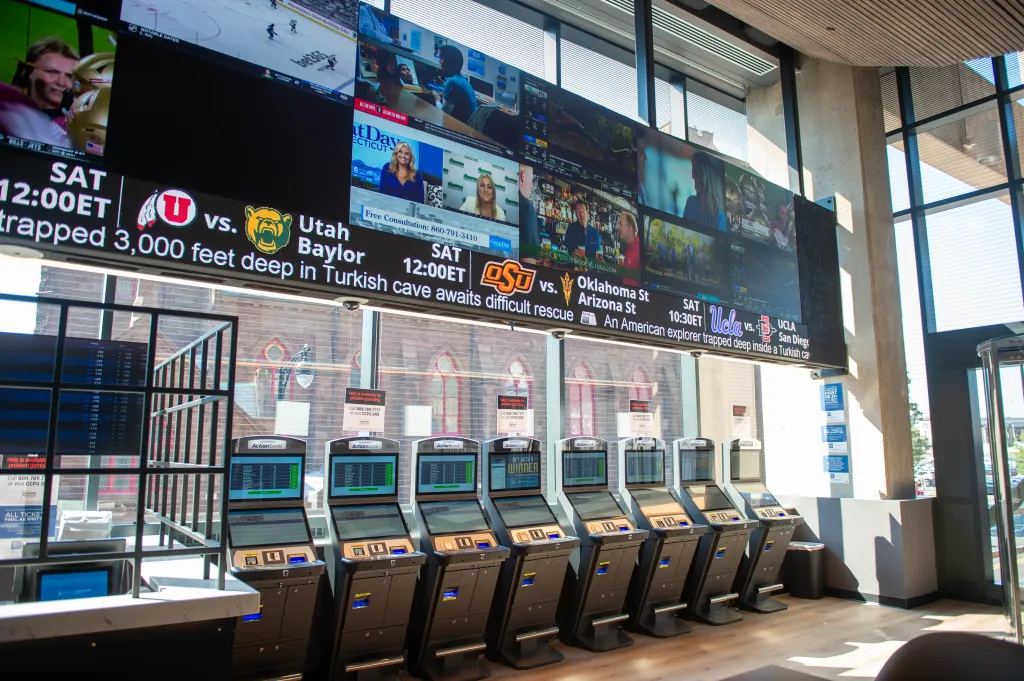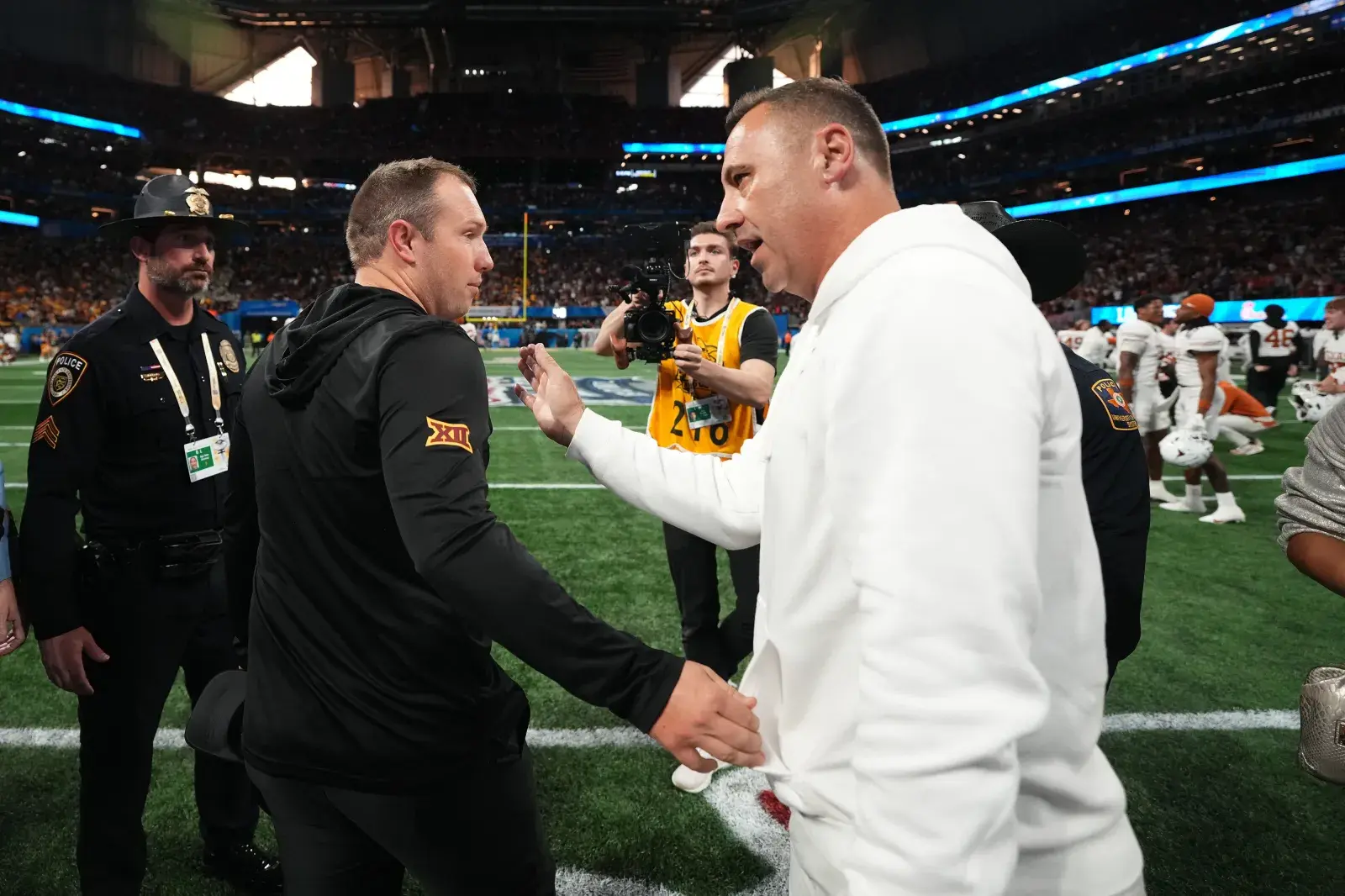Copyright Hartford Courant

With NBA stars placing the spotlight on a major sports betting scandal, Connecticut officials are looking for potential improvements after four years of legalized betting in the state. Since sports betting was signed into law by Gov. Ned Lamont in September 2021, more than $7 billion has been wagered cumulatively in the state, according to the latest statistics. With the wagers increasing every year, the total that was bet reached a record of nearly $2.3 billion during the 2025 fiscal year. After the winners were paid, the state has collected $83.1 million in revenues that officials declined to call taxes as they represent a percentage of the gross gambling revenues. The highest full-year total collected for the state so far, in the 2025 fiscal year, was $27.7 million. Legalizing sports betting, Lamont said, is better than the former illegal system in which many bettors still placed their wagers in a completely unregulated world. Much of the betting is now done on cell phones and online, rather than at new betting parlors that were established under state law in cities like Hartford and Bridgeport. “I think the most worrisome addiction is what I see on social media and the number of hours people have there, and how that is driving different behaviors,” Lamont said when asked by The Courant. “What do you do about it? I’m a small state, surrounded by 49 other states and 100 plus different countries. So it’s not like I can say, ‘No gambling allowed in Connecticut’ because you can always gamble from a lot of other places. What we can try and do is provide a legal, safe alternative that provides some guardrails to make sure that what you see in the NBA scandal can’t happen at UConn.” After four years, Lamont said he believes legalized betting is going well in Connecticut. “If you outlaw sports betting, it’s not like there’s no sports betting,” Lamont said. “There will be 100 different ways that people are still doing it. So from that point of view, I think we’re doing pretty well. We have guardrails around it. You can’t bet on UConn sports. I think the leagues and the states are going to continue to tighten that up.” But Sen. Tony Hwang, one of the legislature’s most outspoken opponents of gambling, said the state needs to take the next step by doubling or tripling the money earmarked for helping addicted, compulsive gamblers who suffer major financial problems. He admits that it is too late to turn back the clock on expanded gambling. “The problem is we’ve opened up the Pandora’s Box,” Hwang told The Courant in an interview. “Now, we can’t put all the ill will back into the bottle. … I’m deeply passionate about this. The scandal in the NBA highlights the real need to raise public awareness about the devastating normalization and social impact of expanded gambling.” Hwang, a Republican from Fairfield, added, “Normalization is really the key word that allows a more permissive and more widespread access, and it is impacting people of all ages, all backgrounds, and in all communities because internet gambling and sports gambling is the fastest-growing addiction among American children, high-schoolers, college students, and people who grew up with the ubiquity of a handset in which they have the internet and the gambling right at their fingertips.” The renewed focus on sports betting was prompted recently by two major federal indictments of professional basketball celebrities in the National Basketball Association involving illegal gambling. More than 30 people were arrested, including NBA Hall of Famer Chauncey Billups, Terry Rozier of the Miami Heat, former NBA player Damon Jones, and members of organized crime. Gambling addiction and related financial problems, Hwang said, have become even bigger issues since Connecticut legalized gambling in 2021. More than 35 states now have legal sports betting after the U.S. Supreme Court ruled in 2018 that states could move forward with legalization. “Take a look at baseball with the World Series,” Hwang said. “Take a look at NFL football and the NBA. … Post 2021, every single major sports league is in direct partnership with these gambling entities. … The state is making money off the addiction.” When the Connecticut legislature was debating whether to legalize sports betting, major figures like retired pitcher Al Leiter of the New York Mets and former NBA champion Cornbread Maxwell of the Boston Celtics traveled to Hartford in order to represent the professional sports leagues in favor of the bill. Besides Hwang, concerns have been raised by U.S. Sen. Richard Blumenthal, a Democrat who wants to curb addiction as the gambling world has changed in recent years. For decades, the profile of a problem gambler was an elderly woman spending too much money at the casino on slot machines. Today, that portrait has changed sharply to a 30-year-old man placing bets on his cell phone because he is addicted to sports betting, officials said. As a result, Blumenthal has reintroduced the SAFE Bet Act as detailed legislation for federal consumer standards and protections for the fast-growing sports betting industry. The federal bill would require states that have legalized sports betting, including Connecticut, Rhode Island, New York, and Massachusetts, to reach certain standards regarding affordability, advertising, and artificial intelligence in an effort to curb problem gambling. “These troubling indictments are the most recent signal that the sports betting industry has corrupted the game to the detriment of fans and victims of gambling addiction,” Blumenthal said. “My SAFE BET Act would prevent coaches and athletes from betting on their own games, crack down on prop bets, and ensure that there is finally vigorous oversight of gambling companies. Letting gambling companies turn sports into the wild west has been an abysmal and absolute failure – it’s time for Congress to enact the SAFE BET Act into law.” National statistics Nationally, the growth of sports betting has been steady in recent years. Americans placed nearly $148 billion in legal bets in 2024 on sports, which represented an increase of nearly 24% from the prior year, according to the American Gaming Association. As a small state, Connecticut represents about $2 billion of the $148 billion. Nationwide, $120 billion was bet on all sports in 2023, including $26.7 billion on NFL games, the association said. As many as 68 million Americans place bets on the Super Bowl, which is traditionally the most-watched sporting event of the year. Of the national betting total, 95% of sports betting is transacted online, the association said. The fast switch to betting on cell phones surprised some legislators as they had planned to open betting parlors around the state to handle the betting demand. In Hartford, a sports bar and betting venue of 5,000 square feet was built inside the former Hartford Civic Center with high expectations of sports fans placing bets both on the night of events at the arena and on weekends. But when the sports lounge opened in September 2023, many of the hardcore bettors were already placing bets on their phones and did not need to drive to Hartford to place a bet. Sports betting venue in CT arena lags in wagering growth; sports bar sales. ‘What are we doing here?’ For years, the legislature worked long hours on sports betting as they failed to reach an agreement. But in 2021, lawmakers crafted the final compromise with bipartisan support; the legislation was passed by 122-21 in the state House of Representatives and 28-6 in the Senate. The vote ended years of tense negotiations with a comprehensive package that allowed sports betting and online gambling for the first time. In a transformative plan that was years in the making, the gambling landscape underwent major changes as casino games such as poker, sports betting, and the lottery were allowed for the first time on cellphones and desktop computers. At the time, Senate President Pro Tempore Martin Looney, a New Haven Democrat who is the highest-ranking senator, stood on the Senate floor and noted that the agreement had wide, bipartisan support in the legislature. “It’s worth celebrating that we’re at this point tonight,” Looney said, adding that he would support funding for counseling for problem gamblers. The measure was approved despite “hurdles and labyrinths and obstacles” through the years, he said. Today, Hwang says the work is not finished as he will reintroduce a bill when the next regular legislative session starts in February to increase funding to help compulsive gamblers. All entities with a “master wagering license’,’ meaning the Connecticut Lottery Corporation and the two Native American tribes that operate casinos, are required under the law to contribute money to problem gambling treatment programs. Gambling disorders, Hwang said, often become worse for those already suffering from anxiety, depression, and isolation. Progress can be made, he said, with an increased spotlight on the issue to help a generation that grew up with cell phones. “Now is a wake-up call,” Hwang said. “It is no longer that I have to go to a casino or a bookie to be able to place a bet. It is all around us. … Guess what? If you get those kids in high school and college, you’ve got a gambler for the rest of their life.” Christopher Keating can be reached at ckeating@courant.com



